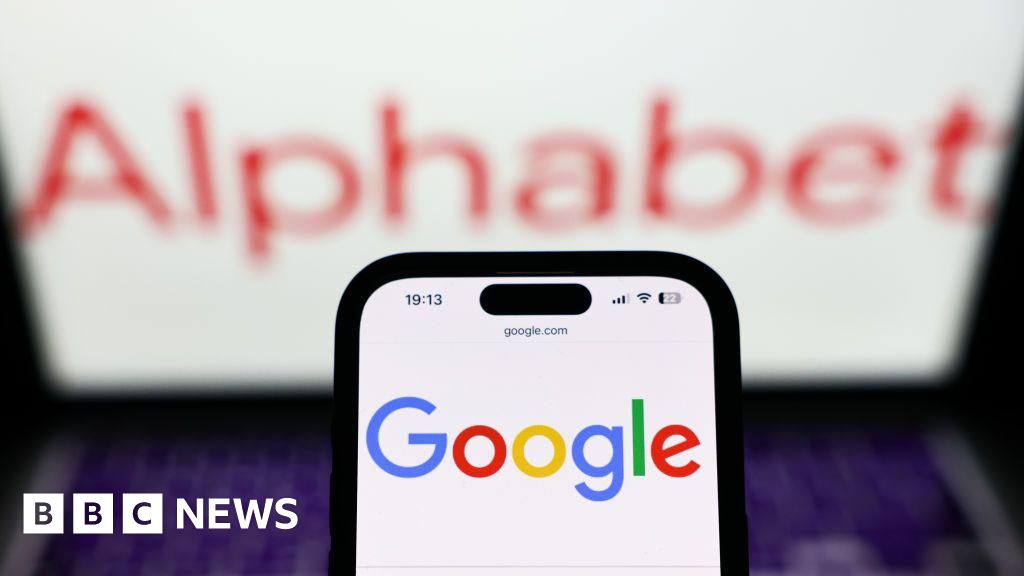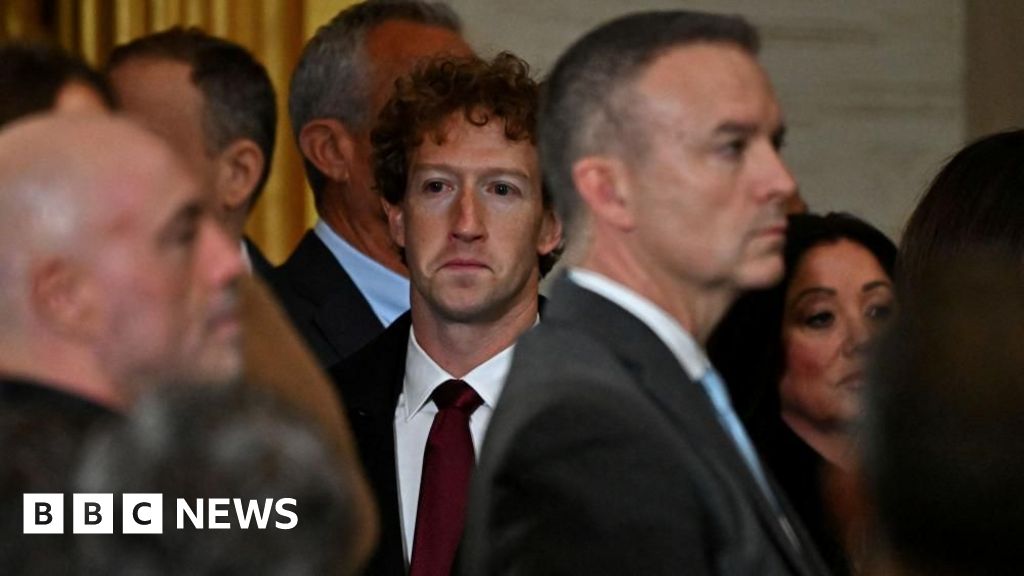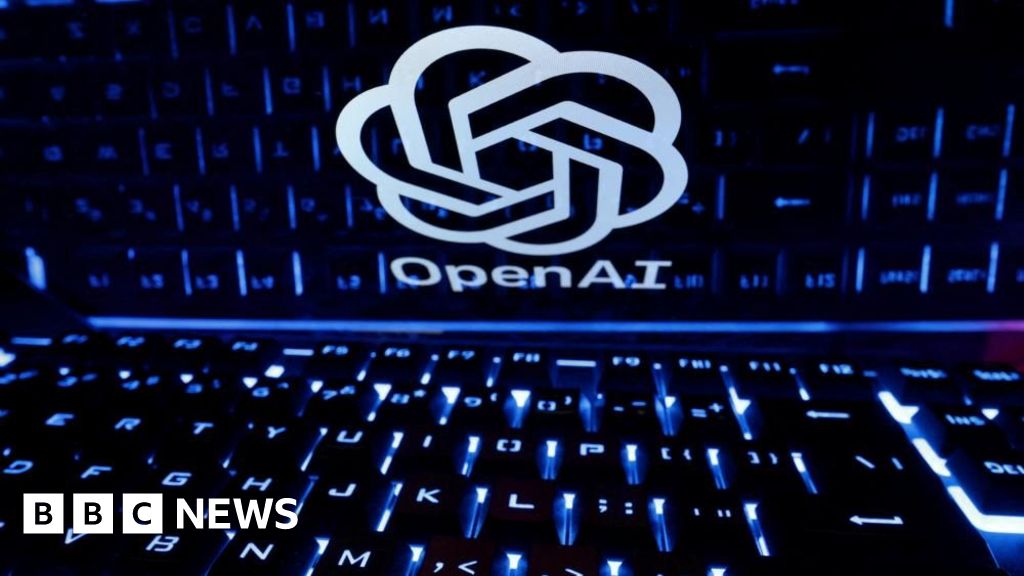Google has reedited an advert for its leading artificial intelligence (AI) tool, Gemini, after it overestimated the global appetite for Gouda.
The commercial - which was supposed to showcase Gemini's abilities - was created to be broadcast during the Super Bowl.
It showed the tool helping a cheesemonger in Wisconsin write a product description by informing him Gouda accounts for "50 to 60 percent of global cheese consumption".
However, a blogger pointed out on X that the stat was "unequivocally false" as the Dutch cheese was nowhere near that popular.
Replying to him, Google executive Jerry Dischler, insisted this was not a "hallucination" - where AI systems invent untrue information - blaming the websites Gemini had scraped the information from instead.
"Gemini is grounded in the Web - and users can always check the results and references," he wrote.
"In this case, multiple sites across the web include the 50-60% stat."
The ad has now been reedited to remove the error.
Google has posted it on YouTube - which it owns - and it no longer contains any reference to what percentage of the world consumes the hard cheese.
In a statement, Google told the BBC it had spoken to the cheesemonger featured in the ad to ask him what he would do.
"Following his suggestion to have Gemini rewrite the product description without the stat, we updated the UI to reflect what the business would do," the statement added.
The incident is embarrassing for Google, given the extremely high profile of the Super Bowl and the extra scrutiny ads for it receive.
Blogger Nate Hawke - who spotted the error - said it was an example of "AI slop".
But it's not the first time the tech giant has found itself on the back foot over its AI products.
A year ago, Gemini was "paused" following criticism of the "woke" images it generated, such as an image of the US Founding Fathers which inaccurately included a black man.
It's even had previous issues with cheese.
In May last year, its AI overviews search feature was criticised after it told some users to use "non-toxic glue" when they searched for 'how to make cheese stick to pizza better'.
The search engine's AI-generated responses also said geologists recommend humans eat one rock per day.
Problems with AI tools are not limited to Google - in January, Apple was forced to suspend its news alert summariser after it invented a slew of inaccurate headlines.
Adverts at the Super Bowl themselves are also no stranger to controversy.
Last year, Uber Eats made a last minute change to its advertisement after criticism that it inappropriately made light of food allergies.

 Movie
Movie 2 months ago
66
2 months ago
66 






![Presidents Day Weekend Car Sales [2021 Edition] Presidents Day Weekend Car Sales [2021 Edition]](https://www.findthebestcarprice.com/wp-content/uploads/Presidents-Day-Weekend-car-sales.jpg)



 English (United States)
English (United States)